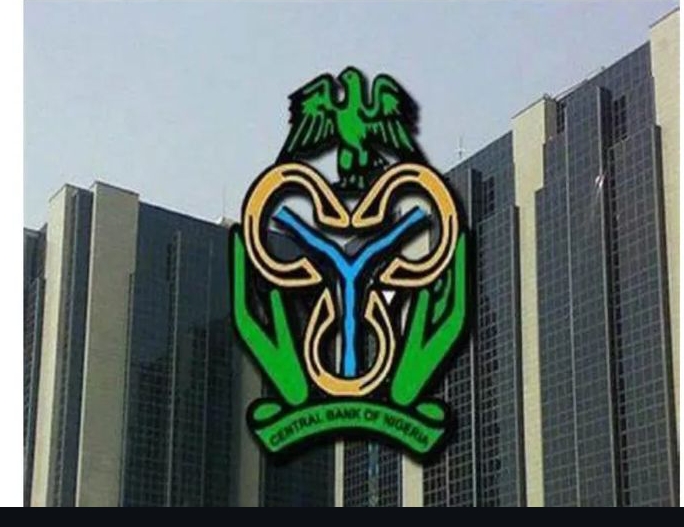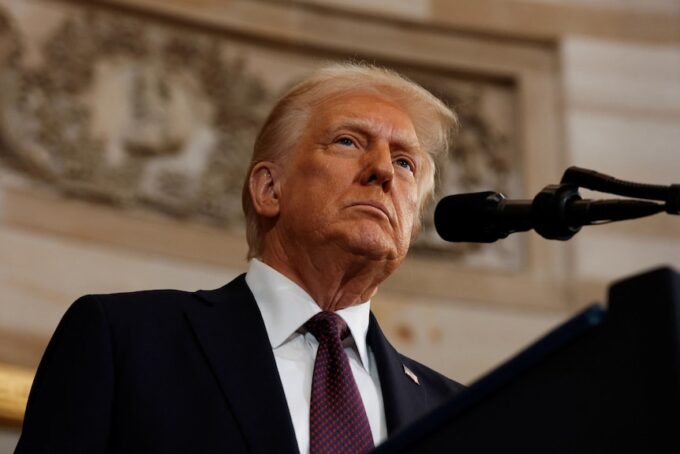News | Events | Digital PR | Advertising
CBN directs banks to transfer unclaimed balances and funds in dormant accounts

The Central Bank of Nigeria (CBN) has mandated banks and other financial institutions to transfer unclaimed balances and funds from dormant accounts to accounts held by the apex bank.
The CBN has also released regulatory guidelines for account holders and beneficiaries to reclaim funds that have been dormant for up to a decade. These regulations were detailed in a document released on Friday titled “Guidelines on Management of Dormant Accounts, Unclaimed Balances, and Other Financial Assets in Banks and Other Financial Institutions in Nigeria.”
A dormant account is defined as one that has been inactive for at least one year. According to the CBN, the revised guidelines are an update to the ones issued in October 2015, reflecting the latest conclusions from their review process. These new guidelines supersede the previous ones and are effective immediately.
The primary aim of these guidelines is to “identify dormant accounts/unclaimed balances and financial assets with a view to reuniting them with their beneficial owners.” Eligible accounts include those with balances that have remained dormant for 10 years or more.
To manage these funds, the CBN will establish an account known as the ‘Unclaimed Balances Trust Fund (UBTF) Pool Account’. A management committee will oversee the operation of this account, ensuring compliance with the guidelines and managing the funds according to the provisions of the Banks and Other Financial Institutions Act (BOFIA) 2020. Key stakeholders involved in this process include the Nigeria Deposit Insurance Corporation (NDIC) and financial institutions.
For account reactivation, the CBN requires account owners or beneficiaries to complete a reactivation form in person. To access the list of unclaimed balances transferred to the CBN, individuals must provide proof of account ownership, a valid means of identification, evidence of current residence, and an affidavit confirming the accuracy of the provided information.
The CBN has stated that it will enforce compliance through both off-site surveillance and on-site routine and targeted examinations of banks and financial institutions.
Explore more
Scientists Research Nigeria’s Okra, Maize, Four Other Crops During NASA’s Space Mission
International astronauts will research six indigenous Nigerian crops and seeds during the...
President Trump Orders Pharmaceutical Companies To Cut Drug Prices Within 60 Days
President Donald Trump on Thursday said he asked major pharmaceutical companies to...
Microsoft To Become The Next $4 Trillion Company
Microsoft (MSFT.O), opens new tab soared past $4 trillion in market valuation...
Importers Slash Petrol Prices Below Dangote Rates Amid Rising Market Competition
Competition has hit Nigeria’s petroleum sector as fuel importers slash petrol prices...












Leave a comment